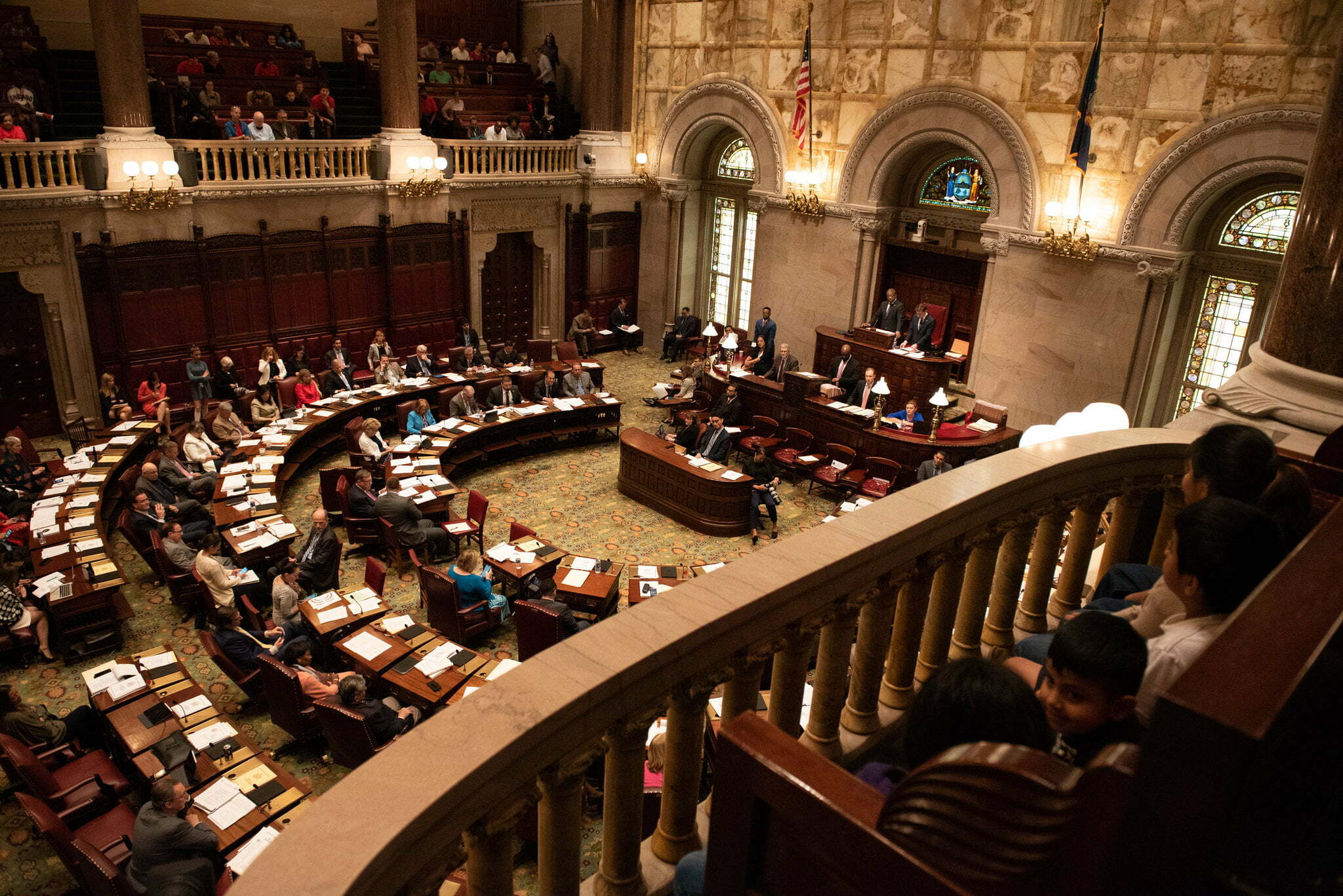
Policymakers have expressed situations approximately both harmful online speech and the content material moderation practices of tech organizations. Section 230, enacted as a part of the bipartisan Communications Decency Act of 1996, says that Internet services, or “intermediaries,” aren’t liable for unlawful 0.33-birthday celebration content except with recognize to intellectual assets, federal criminal prosecutions, communications privateness (ECPA), and intercourse trafficking (FOSTA). But, of course, Internet services stay chargeable for the content they themselves create.
As civil society organizations, teachers, and different specialists who examine the law of user-generated content material, we cost stability among freely replacing ideas, fostering innovation, and proscribing dangerous speech. Because that is extremely delicate stability, Section 230 reform poses a sizeable chance of failing to deal with policymakers’ concerns and harming the Internet typically. We hope the subsequent principles help any policymakers thinking about amendments to Section 230.
Principle #1: Content creators undergo the number one responsibility for their speech and moves.
Content creators—including online offerings themselves—endure primary responsibility for their very own content and movements. Section 230 has by no means interfered with retaining content material creators responsible. Instead, Section 230 restricts most effective who may be accountable for the dangerous content material created using others. Thus, law enforcement online is as essential as it is offline. If policymakers accept that existing regulation does not effectively deter terrible actors online, they ought to.
(i) invest greater within the enforcement of existing laws and (ii) become aware of and dispose of limitations to the enforcement of existing legal guidelines. Importantly, whilst anonymity online can truly constrain the capacity to keep users chargeable for their content material and movements, courts and litigants have to gear to pierce anonymity. And inside the uncommon scenario wherein actually egregious online behavior without a doubt isn’t covered via present criminal regulation, the law could be extended. But if policymakers want to keep away from chilling American entrepreneurship, it’s critical to keep away from enforcing criminal liability on online intermediaries or their executives for unlawful user-generated content.

Principle #2: Any new middleman liability law needs to now not goal constitutionally protected speech.
The government shouldn’t require—or coerce—intermediaries to put off a constitutionally blanketed speech that the government cannot limit at once. Such needs violate the First Amendment. Also, imposing large legal responsibility for user speech incentivizes services to err on the aspect of taking down speech, ensuing in overbroad censorship—or even avoid offering speech boards altogether.
Principle #3: The regulation shouldn’t discourage Internet offerings from moderating content material.
To flourish, the Internet calls for website managers to have the capacity to get rid of prison however objectionable content—along with content material that would be blanketed below the First Amendment from censorship with the government’s aid. If Internet offerings could not limit harassment, pornography, racial slurs, and different lawful but offensive or destructive material, they couldn’t facilitate civil discourse. Even whilst Internet offerings can include mild content material, their moderation efforts will always be imperfect given the sizeable scale of even tremendously small websites and the rate of content posted. Section 230 ensures that Internet services can perform this socially useful. However, error-inclined painting without exposing themselves to multiplied legal responsibility; penalizing them for imperfect content moderation or 2d-guessing their selection-making will discourage them from attempting within the first location. This important principle needs to continue to be intact.
Principle #4: Section 230 does now not, and ought to now not, require “neutrality.”
Publishing third-celebration content online can never be “impartial.”1 Indeed, every booklet selection will necessarily prioritize some content at the fee of different content material. Even an “objective” approach, which includes presenting content in opposite chronological order, isn’t neutral as it prioritizes recency over other values. Defensive the prioritization, de-prioritization, and removal of content, Section 230 provides Internet offerings with the criminal actuality they want to do the socially beneficial work of minimizing harmful content.
Principle #5: We want a uniform countrywide criminal trendy.
Most Internet offerings cannot publish content material on a nation-by-kingdom foundation, so country-through-nation versions in legal responsibility might pressure compliance with the most restrictive felony trendy. In its contemporary shape, Section 230 prevents this catch 22 situation by setting a constant countrywide widespread—which includes capacity liability beneath the uniform frame of federal crook regulation. As a result, Internet services, especially smaller groups, and new entrants, might find it tough, if now not possible, to manipulate the prices and legal dangers of going through ability liability below kingdom civil law or of bearing the risk of prosecution underneath nation criminal law.
Principle #6: We must maintain to sell innovation on the Internet.
Section 230 encourages innovation in Internet offerings, specifically by offering smaller offerings and startups who most need safety from doubtlessly crushing liability. The regulation needs to hold to defend intermediaries no longer merely from legal responsibility, but from having to guard in opposition to excessive, often-meritless suits—what one courtroom called “death by using ten thousand duck-bites.” Without such protection, compliance, implementation, and litigation costs should strangle smaller corporations even before they emerge. At the same time, larger, incumbent generation companies would be a whole lot higher located to soak up these charges. Any amendment to Section 230 that is calibrated to what might be viable for the Internet giants will necessarily miscalibrate the regulation for smaller offerings.
Principle #7: Section 230 must observe equally throughout a broad spectrum of online offerings.
Section 230 applies to services that users never engage with at once. Then, in addition, eliminated an Internet carrier—which includes a DDOS safety provider or area call registrar—is from an offending consumer’s content or moves, the extra blunt its equipment to fight objectionable content grow to be. Unlike social media corporations or different person-facing services, infrastructure carriers cannot take measures like removing personal posts or remarks. Instead, they can only shutter complete websites or offerings, thus risking widespread collateral damage to inoffensive or innocent content material. Requirements drafted with person-dealing with services in mind will probably not work for these non-person-facing services.







